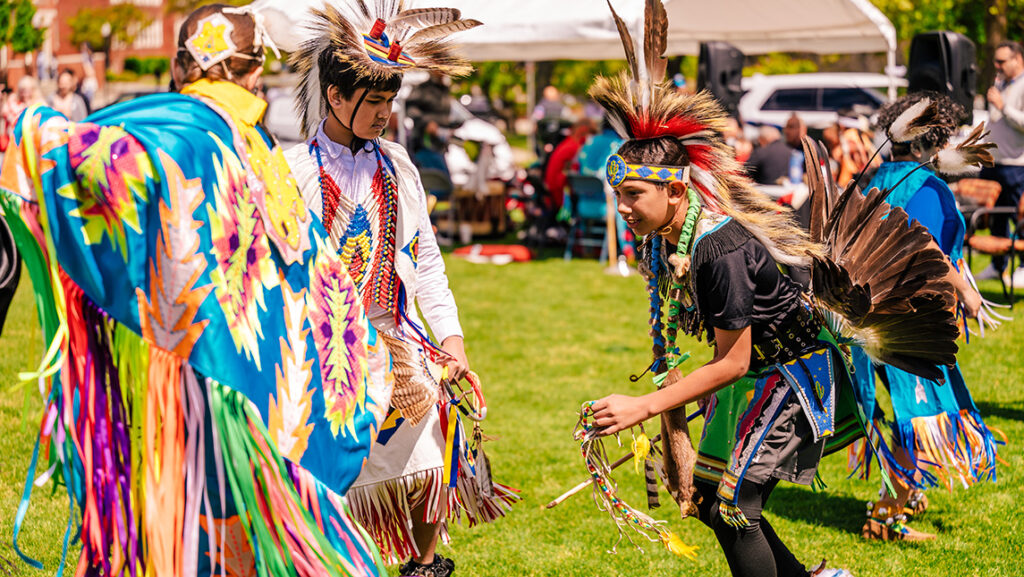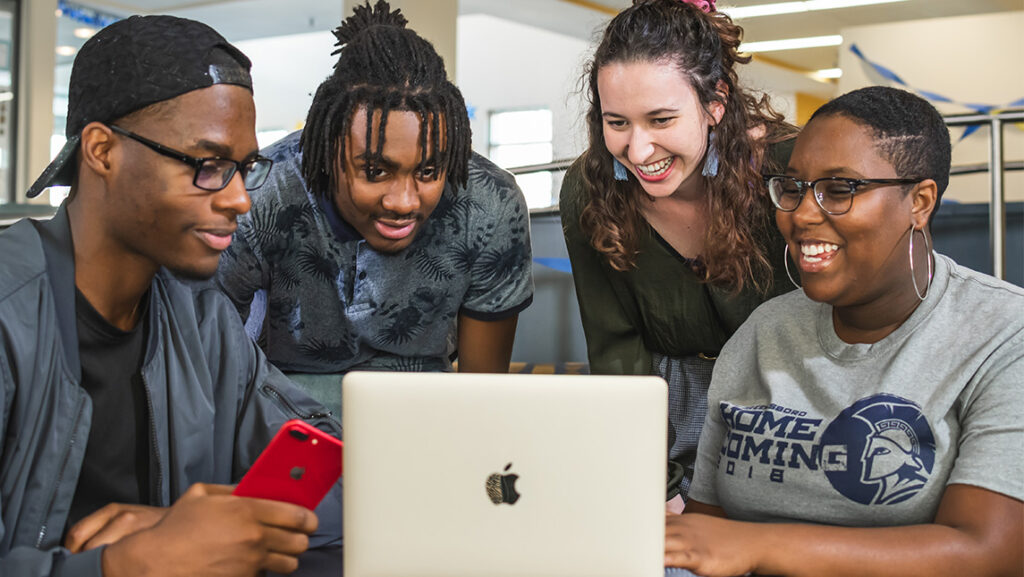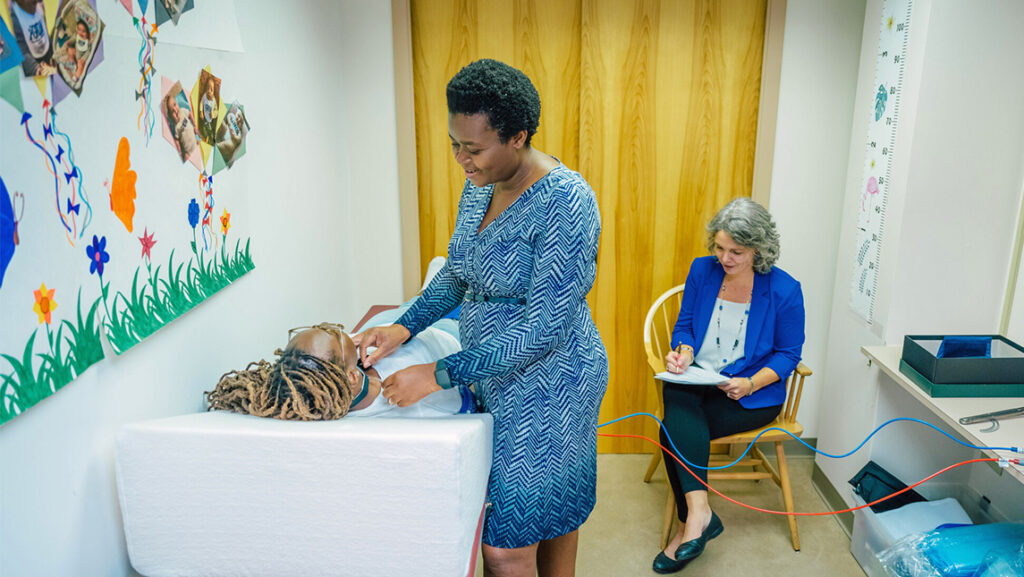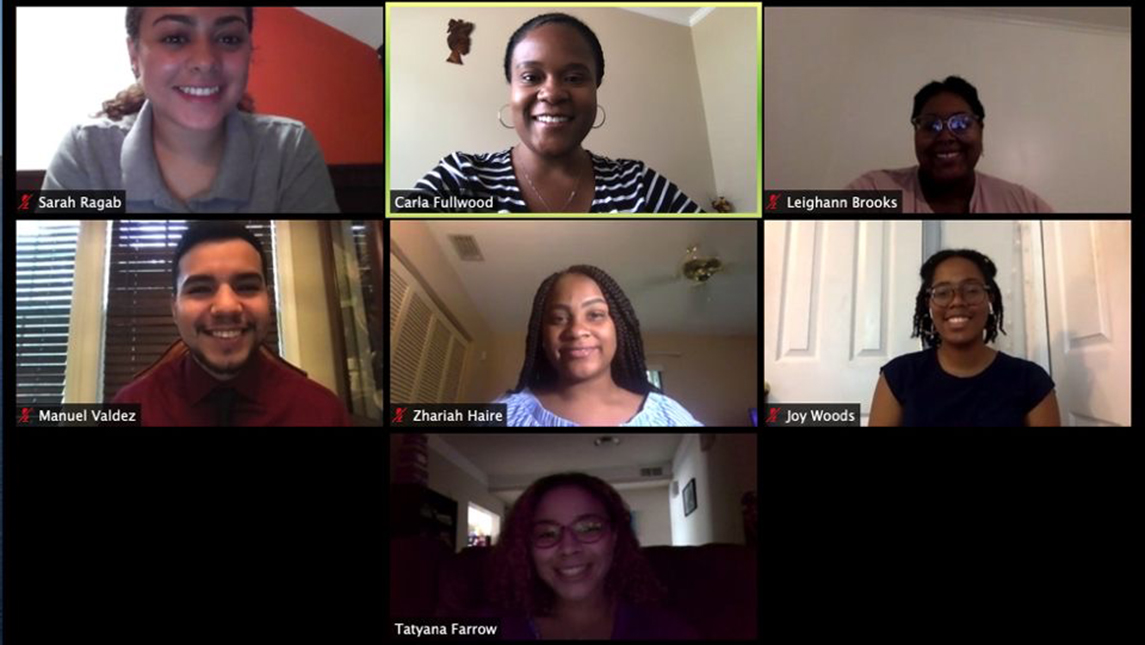
A staple of the UNCG-McNair Scholars Program is the annual Summer Research Institute.
A federal TRiO program, UNCG-McNair prepares undergraduates for the pursuit of a PhD. The program is designed for first-generation students from low-income backgrounds, as well as students who are members of racial or ethnic groups that are traditionally underrepresented in graduate studies.
Each summer, the scholars receive a generous stipend to stay on campus and conduct their research alongside faculty mentors. They take an academic professionalization course and writing workshop, tour graduate schools, and prepare for the GRE. The institute culminates with a research symposium on campus.
It’s a transformative experience for scholars. However, like everything else this spring and summer, it’s an experience that was forced to go fully online.
“We recognized that the institute would look different this year, but we still wanted to create a relevant, meaningful research experience for our scholars,” said Carla Fullwood, assistant director of the program. “When instruction shifted online in March, a lot of our students were in the middle of finalizing their research proposals. We had meetings with scholars and faculty mentors to see how their research would be impacted. Research could still happen, but it was going to look different.”
Some scholars did not have access to labs, and therefore had to spend the summer conducting data analysis on what they were able to collect before the pandemic. Students whose research involved primarily textual analysis worked with University Libraries mentors to get access to the sources they needed.
“Our goal is to expose scholars to the research process, and this is part of that process – things don’t always go as planned,” said Fullwood.
Despite the challenges, all students were able to complete their research projects and present their findings as part of last week’s online Summer Research Institute Symposium. Presentation videos are available on the symposium website.
Korrey Monroe, a junior public health major, explored the discrimination and challenges that Black communities face within the U.S. health care system. The research he conducted this summer will set the stage for a larger research project, sponsored by UNCG’s Undergraduate Research, Scholarship, and Creativity Office, this fall. Monroe’s long-term goal is to pursue a PhD in disease prevention and work for the Centers for Disease Control and Prevention.
Monroe’s research is especially timely – the Black community has been disproportionately affected by the COVID-19 pandemic.
“Doing this research, with all that’s going on, has opened my eyes to see how these systems are really built on racism,” he said. “If you look at my presentation, you can really understand why things are the way they are. Health care isn’t accessible. Black communities aren’t getting the treatment that they need.”
How was his remote research experience?
“I still had access to a lot of the resources I needed – my faculty and librarian mentors and the academic databases,” he said. “It was difficult to not be in person with my fellow scholars who are driven and have the same goals. Even though we weren’t together, we have a group chat and we talk all the time. It’s like a family.”
Rejani King, a senior majoring in women’s, gender, and sexuality studies, examined how Black women writers of speculative fiction – science fiction, afrofuturism, fantasy, etc. – explore voice and identity through intersections of race and gender, surrogacy, and Black feminist theory. She employed both textual analysis and creative writing as research methods.
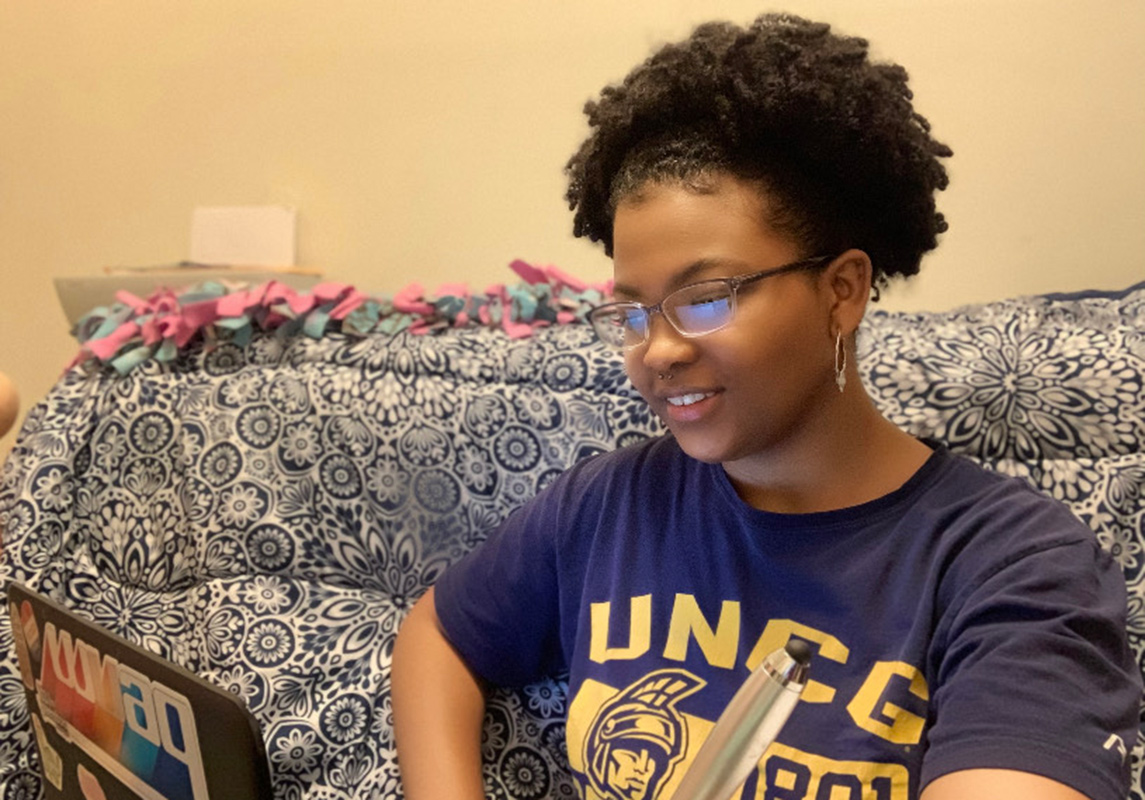
“Doing this research in the middle of a pandemic, and with the current racial climate in our country, has been challenging,” King said. “My mentor, Dr. Noelle Morrissette, helped me look at my research as a form of protest. Looking at Black women writers of speculative fiction, and being able to tell our stories from a standpoint that is in the future, that itself, in the words of writer Nalo Hopkinson, is pretty radical. Right now the lives of Black people are being taken. Our futures matter. Our stories matter. Our experiences matter.”
What’s next for the scholars? Graduate school applications, interviews, and campus visits, and hopefully, next fall, the beginning of the next chapter of their academic journeys.
“This is an impressive group of students. I can’t reiterate that enough,” said Fullwood. “Their ability to still continue with their research projects in the midst of a crisis speaks volumes of their determination and abilities. This is the next generation of researchers. We need them in the classroom, and in places like the CDC and the Department of Education. We need them to bring their lenses, their experiences, and their sets of understanding to these fields.”
Story by Alyssa Bedrosian, University Communications
Photography courtesy of Carla Fullwood and Rejani King
